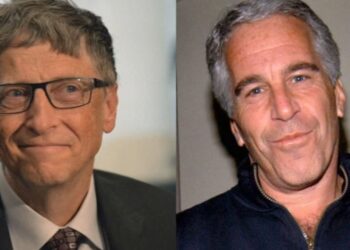The Washington Post has taken a bold step by choosing not to endorse any candidate in the upcoming U.S. presidential elections, a decision that breaks with decades of tradition. Editor-in-chief William Lewis announced this unprecedented move, emphasizing a return to the newspaper’s roots of non-partisanship.
This decision places the Post in a neutral position between Democratic candidate Kamala Harris and Republican candidate Donald Trump, as the nation prepares for the elections on November 5th. Lewis stated, «The Washington Post will not endorse any candidate in these elections or any future presidential elections.»
The newspaper had maintained a stance of non-endorsement until 1976, when it supported Democrat Jimmy Carter following the Watergate scandal. The last time the Post refrained from endorsing a candidate was in 1988.
Investigative Reporting and Criticism of Trump
The Washington Post has been known for its investigative reporting, particularly regarding irregularities and controversies surrounding Trump and his associates. The paper has been critical of Trump’s rhetoric and his refusal to accept the 2020 election results against Joe Biden.
William Lewis’s decision to remain neutral has sparked discontent among some of the newspaper’s staff, as reported by NPR. Former Post director Martin Baron criticized the move as an act of «cowardice,» suggesting it could embolden Trump to further intimidate the paper’s owner, Jeff Bezos.
Reactions and Comparisons
This decision mirrors a similar controversy at the Los Angeles Times, where editorial board chief Mariel Garza resigned after the paper’s owner blocked an endorsement for Harris. Despite this, Harris has received widespread editorial support from major outlets like The New York Times, The Boston Globe, and Rolling Stone.
Conversely, the New York Post, owned by Rupert Murdoch, has endorsed Trump despite previous criticisms following the Capitol riot.
Implications for Media and Politics
The Washington Post’s decision reflects a growing trend among media outlets to adopt a more neutral stance amidst increasing political divisions. This shift could influence how media endorsements are perceived and their impact on public opinion.
As the election approaches, the role of media in shaping political narratives remains crucial, and the Post’s decision may set a precedent for other publications considering similar moves.
















